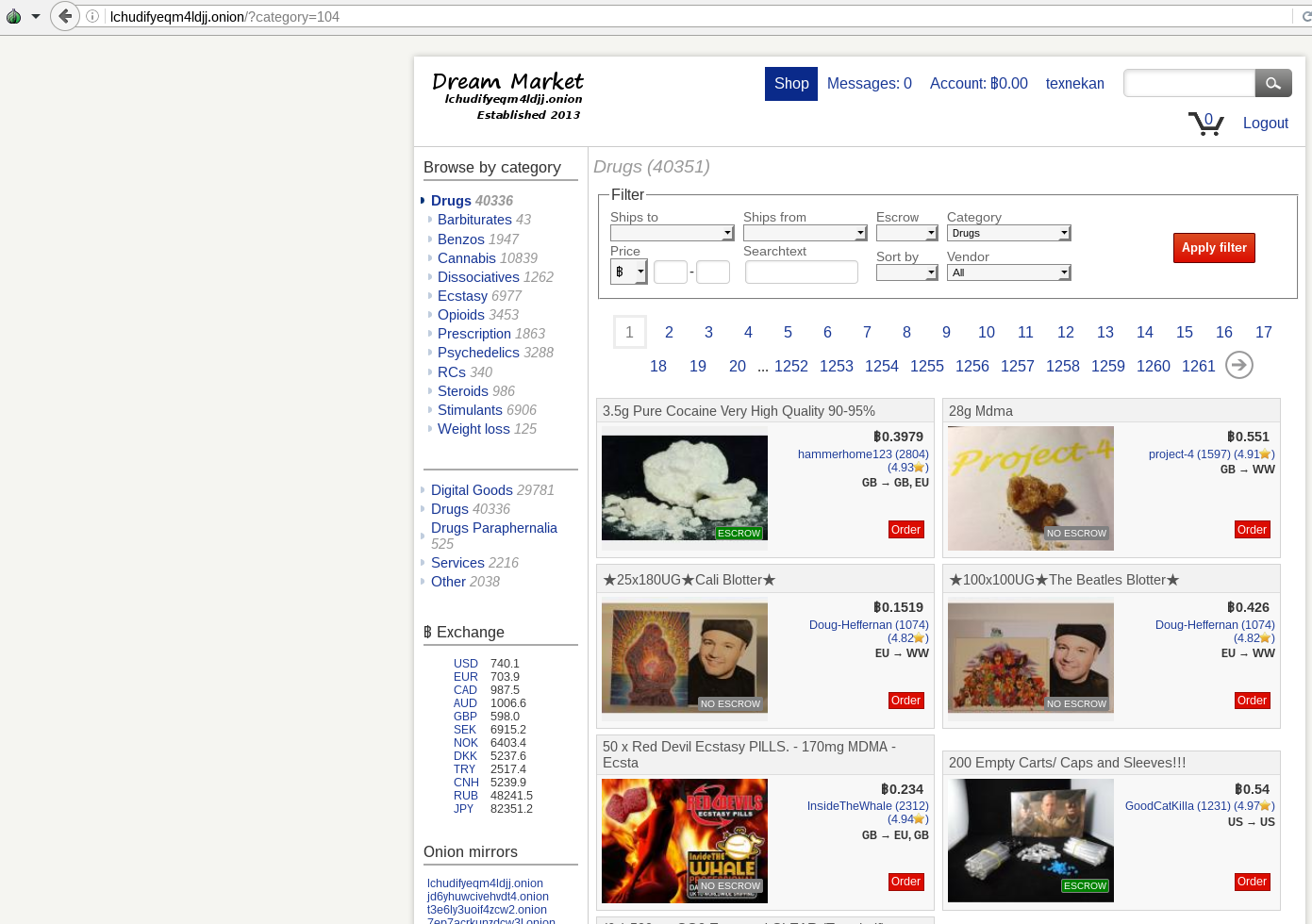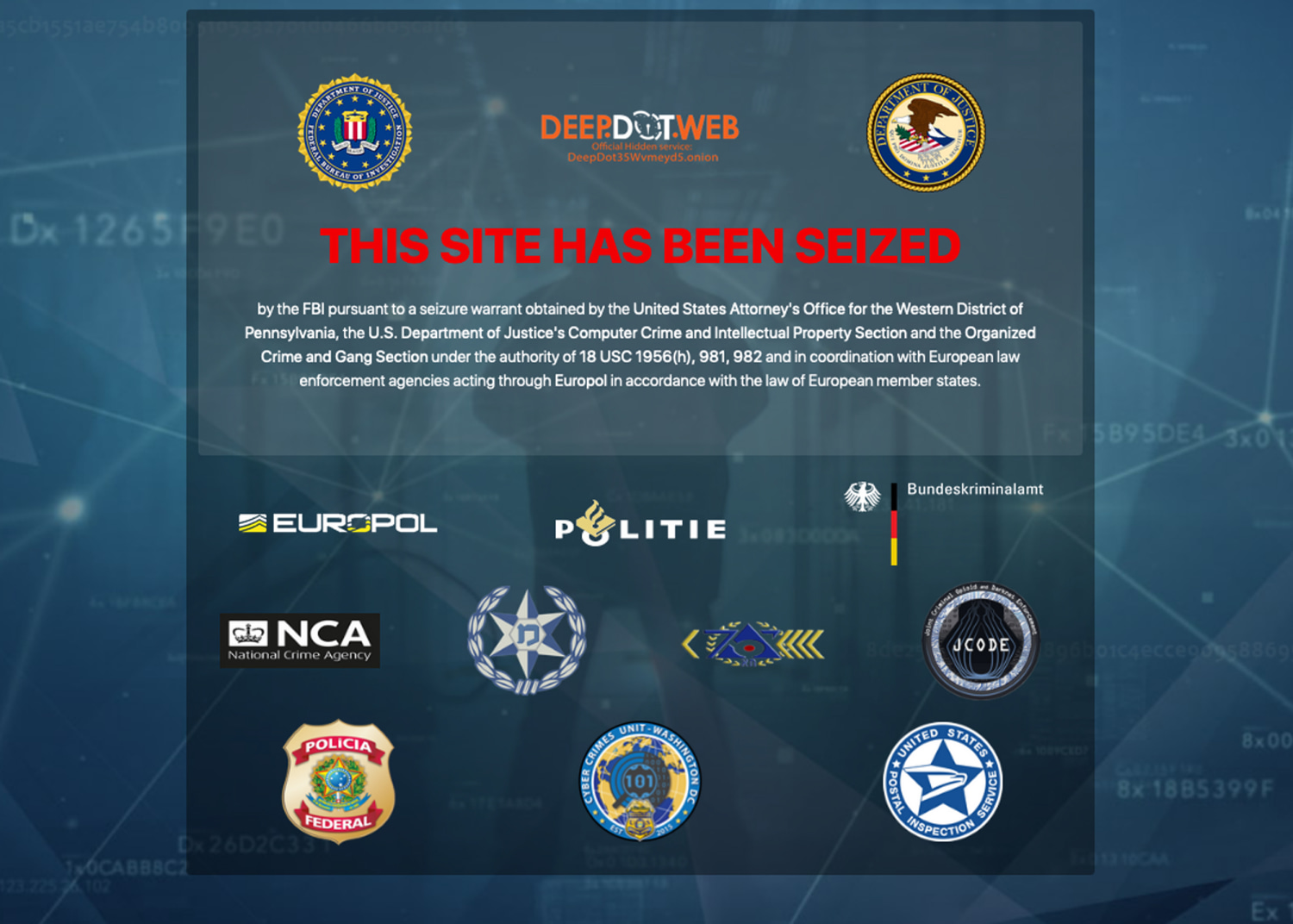Investigating the Underbelly: Darkweb Marketplaces Uncovered

In those hidden nooks of the internet lies an enigmatic domain known as the darkweb. While much of the internet remains open and indexed by traditional search engines, the darkweb operates in the shadows, requiring specific software and configurations to access. It is frequently characterized by the anonymity and the allure of secretive transactions, drawing in individuals interested about illicit and legitimate activities.
Deep web markets have risen as a significant aspect of this underground ecosystem, serving as online marketplaces that a variety of goods and products are exchanged. Including illegal drugs and counterfeit currency to hacking services and stolen data, these markets reflect a complex intersection of demand and supply that tests the boundaries of legality and morality. As we explore the intricacies of these digital bazaars, we aim to reveal the mechanisms at play, the individuals involved, and the implications of functioning within this shadowy digital landscape.
Comprehending the Darkweb
The darkweb is a section of the internet that is un indexed by standard search engines, rendering it a hidden realm accessible only through specific software like Tor. This anonymity is a key feature that attracts users looking for confidentiality and security. The darkweb functions on multiple networks that are not reachable by standard browsers, enabling individuals to interact and transact without exposing their identities.

Inside the dark web lies a complex ecosystem of markets where virtually anything from illicit drugs to counterfeit documents can be purchased and sold. These markets operate similarly to traditional e-commerce sites but are built on a basis of encryption and anonymity. The absence of regulation creates a dangerous environment where scams and illegal activities flourish, rendering it crucial for users to navigate these areas with caution.
Despite its image for unlawful activities, the darkweb also serves legitimate purposes. Activists and informants may use these platforms to communicate in repressive regimes, seeking protection from surveillance. This complexity of the dark web underscores the intricacies of the space, resulting to ongoing debates about its ethical implications and capability for both harm and good in the community.
Key Darkweb Markets
The deep web is home to numerous marketplaces that cater to a broad spectrum of illegal activities. Among the most prominent is the Silk Road, which was one of the first significant darkweb markets, specializing in the sale of contraband drugs. Despite its seizure by authorities in 2013, Silk Road set the stage for numerous other markets and established a model for anonymity and security in transactions. This early success demonstrated the viability of darkweb markets and fostered the emergence of new platforms.
Another prominent player is the Dream Market, which gained traction after the fall of Silk Road. Dream Market provided a more diverse array of products, including software vulnerabilities, fake documents, and various drugs. It distinguished itself with a user-friendly interface and a active community, attracting a significant user base. The market operated on a system of merchant reviews, which helped to build confidence among buyers and sellers, further strengthening its position in the darkweb ecosystem.
Currently, Omega Market is gaining prominence as one of the top darkweb marketplaces. It specializes in the trade of drugs and hacking services while maintaining a reputation for top-notch products and reliable service. Omega Market employs advanced encryption techniques to protect user privacy and features a wide range of payment methods, including cryptocurrencies, which are crucial for maintaining anonymity in darkweb transactions. As law enforcement continues to target illicit online activities, these markets evolve and change, illustrating the persistent demand for darkweb goods.

Threats and Mitigations
Participating with darkweb markets presents considerable hazards that individuals must manage. One of the critical threats is the potential for legal repercussions. Law officials surveil these platforms, and individuals caught acquiring or selling illicit goods can experience harsh penalties. Additionally, the anonymity that illicit markets provide can be deceptive, as users may still be traced through their internet usage, putting them to multiple risks.
Another major risk involves safety threats, including harmful software and fraud. Many illicit sites can be decoys designed to steal personal data or install harmful software on users' devices. To mitigate these risks, users should employ robust security measures, such as employing VPNs, secure browsers, and trusted antivirus software. It is crucial to confirm the validity of the websites being accessed to prevent getting caught to cyber attacks.
Finally, there is the threat of monetary loss. darknet sites on illicit markets are often conducted using digital currencies, which can complicate recoveries in cases of fraud. Users should exercise great care and consider using third-party payment services where available to secure their payments. Diversifying the methods in which they can protect their assets, including keeping different levels of currency in separate accounts, can also act as a preventive strategy against possible financial losses.
